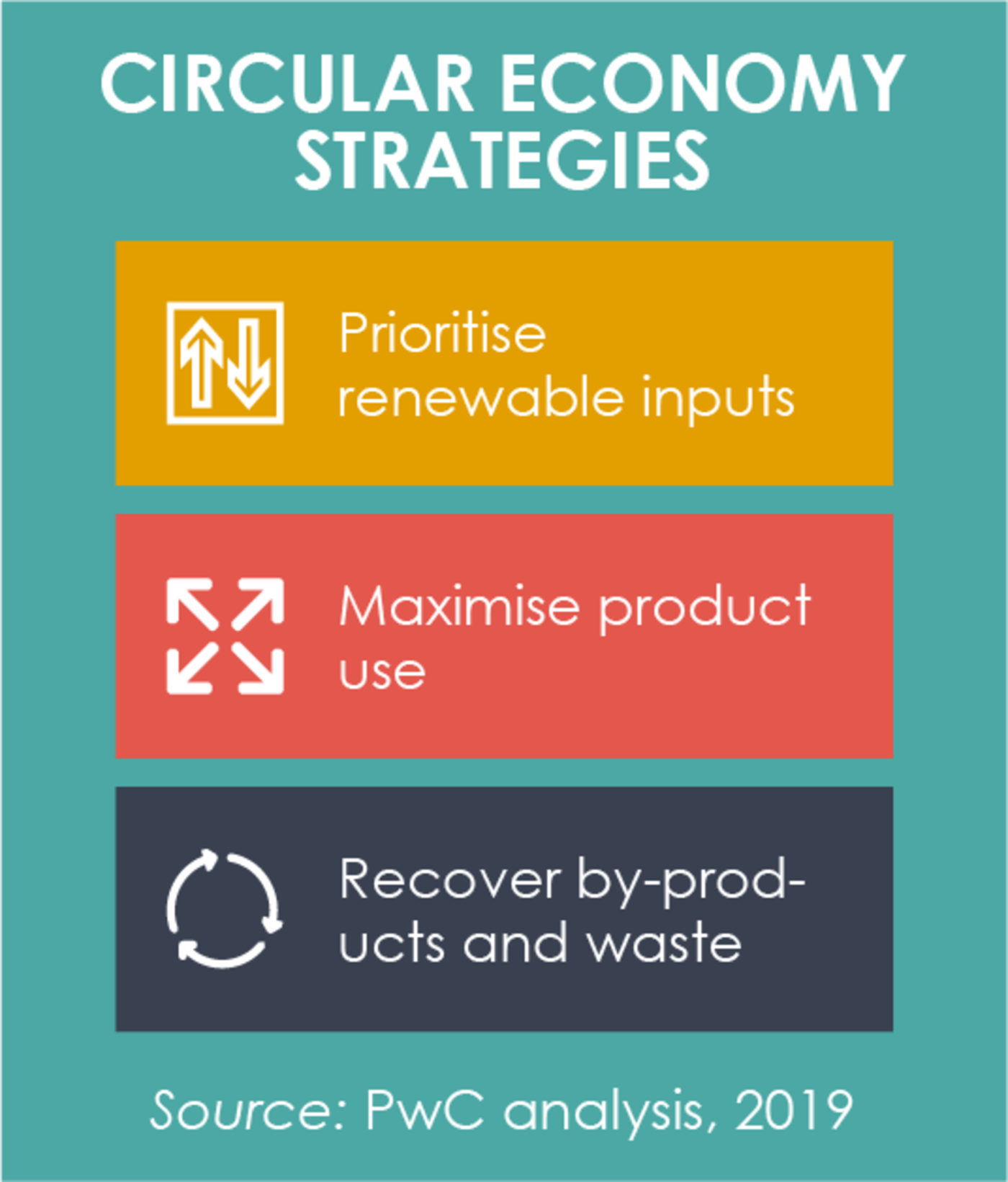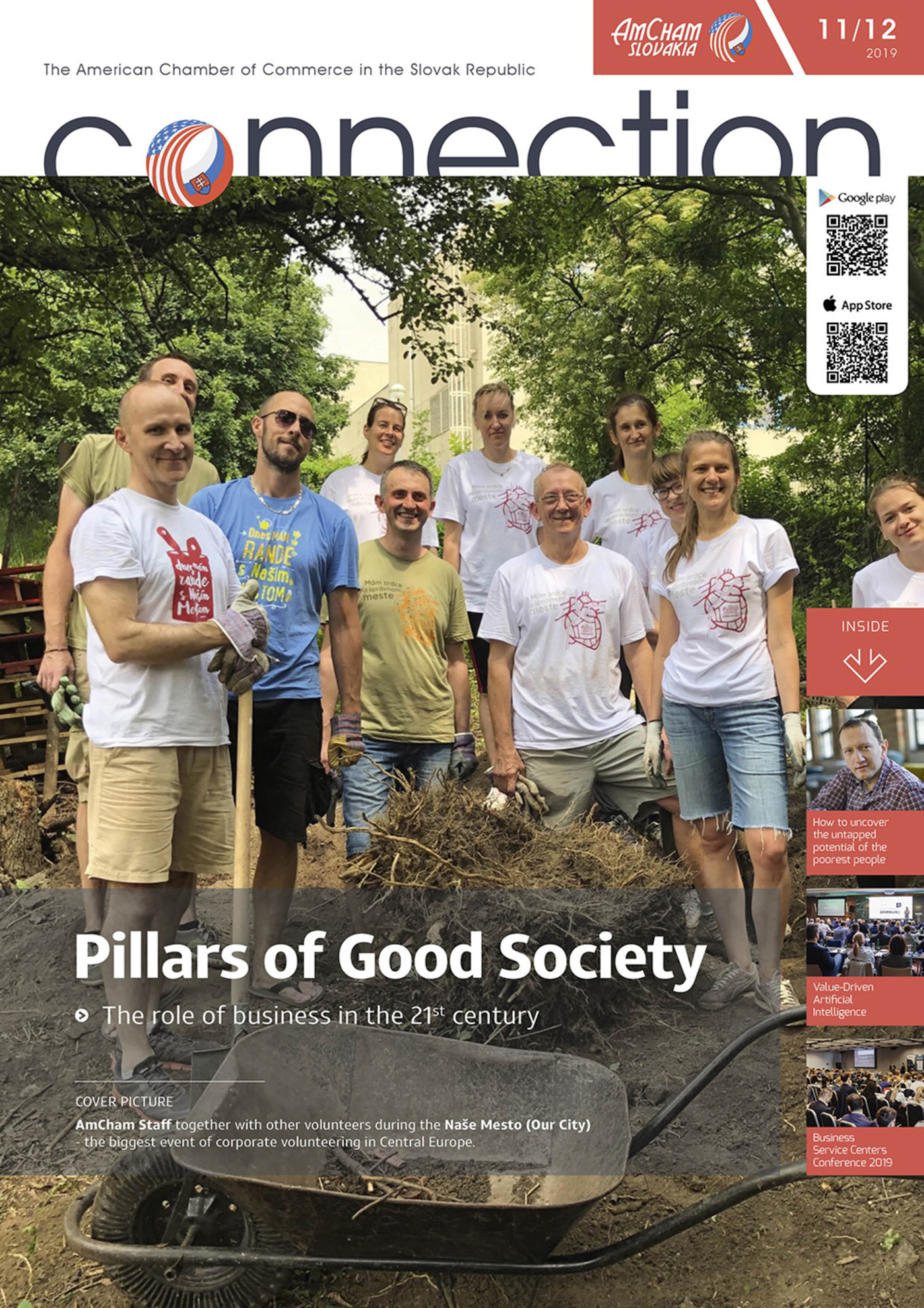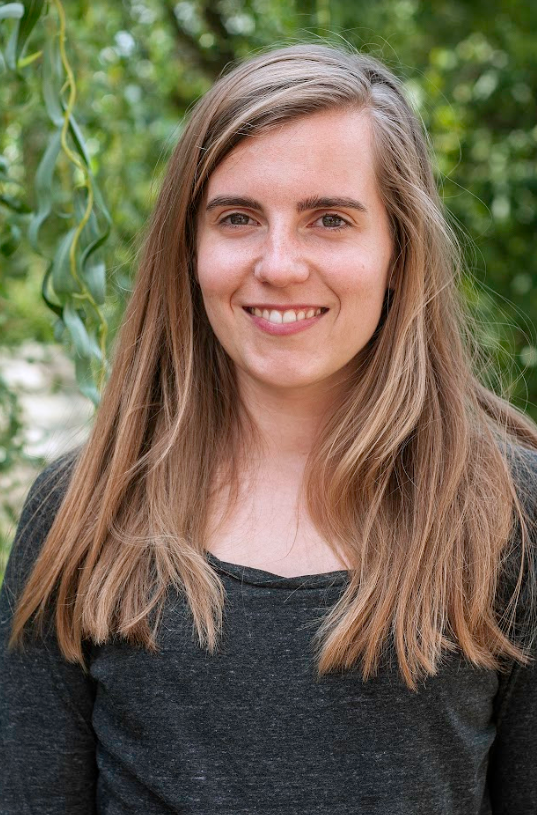What is a linear production model? It means starting with raw materials, processing, production and consumption, and subsequent production of waste. However, if we could somehow ’close the loop’ and connect the end and the beginning of the process, this may not only help us ensure economic and environmental sustainability, but also bring yet unforeseen efficiencies in the production process and have direct environmental and economic benefits.
Circular economy can bring substantial economic benefits to every industry. Companies in circular economy experience positive effects in the form of reduced costs and risks on the one hand, while decreasing environmental impacts and increasing returns and market share on the other.
A circular approach brings a competitive advantage, boosts innovation processes, and creates a number of job opportunities. The strategy of the European Union is clear, i.e., to encourage the transformation to circular economy. European Commission has already published guidelines on the topic, such as Circular Economy Package, covering its Circular Economy Action Plan.
The tightening of legislation is already happening and Slovakia doesn’t want to lag behind in these efforts. The Environmental Strategy until 2030 prioritizes the transition to circular economy in achieving a greener Slovakia. With the aim to bring all relevant stakeholders together, the Ministry of Environment of the Slovak Republic, launched the so-called ’Transition to Green Economy’ process (T2gE) in 2016, during the Slovak presidency in the Council of the EU. Now, the Ministry of Environment, along Embassy of the Kingdom of the Netherlands, Institute for Circular Economy, PwC Slovakia, Slovak Business Agency, Slovak Environment Agency, and The Netherlands Chamber of Commerce in the Slovak Republic joined forces to accelerate the circular transition in Slovakia and are establishing Circular Slovakia, a platform for circular economy.
 According to a research carried out under MOVECO project, a project boosting circular transition in the Danube region, companies in Slovakia lack a central contact point for circular economy in terms of awareness-raising, best practice sharing and networking for potential cooperation along the entire value chain. Circular Slovakia aims to be a credible and authentic platform reflecting these needs of the business community.
According to a research carried out under MOVECO project, a project boosting circular transition in the Danube region, companies in Slovakia lack a central contact point for circular economy in terms of awareness-raising, best practice sharing and networking for potential cooperation along the entire value chain. Circular Slovakia aims to be a credible and authentic platform reflecting these needs of the business community.
The objective of the platform is to enhance a discussion between the public and the private sector, as well as on B2B level, about opportunities and removing barriers in transition to circular economy, in order to help companies to deal with changing environment, including best available techniques, innovations, new structure of the labor market, legislative changes, on the world’s sustainability path. The key is to create a network of stakeholders resulting in new successful projects and partnerships, with strong emphasis on sustainability, as well as business benefits to partners. Simultaneously, the role of Circular Slovakia will be to share Slovak good practice examples nationally as well as internationally and raise the circular economy awareness through social events, environmental education programs, periodical newsletter and other activities.
Circular Slovakia is started its activities in October 2019 with financial support from the Embassy of the Kingdom of the Netherlands. We would like to encourage sustainable businesses in Slovakia to become ‘early birds’ in bringing a circular mindset to the current unsustainable ‘take-make-use-dispose’ economy.
Why have companies adopted principles of circular economy? Real life examples from markets such as the Netherlands can provide insights. External costs, (‘negative externalities’) occur if an economic activity has negative impact on an unrelated third party, such as the environment, for example in the form of pollution. In the excess of negative externalities, production of free markets may become inefficient, and it will benefit both businesses and societies as a whole to prevent them.
For example, there is an expectation that the market for secondhand goods will grow significantly in the future. In fact, the secondhand clothing market has been growing 21 times faster than the retail clothing market over the last three years. This change is also anticipated for the market of electronics and electronic devices and others.
One of the reasons for this trend is the risk of price volatility of raw materials supplied under the linear model. Furthermore, consumers and industries seem to be progressively punishing companies with business models that do not support sustainability and rewarding those that do. Consumers’ decision-making is strongly affected by sustainability.
Strategies of circular economy can be grouped into three categories. The first area is to prioritize renewable sourcing. This is accomplished e.g. when finite resources are replaced with renewable, recycled materials. Optimization of usage of raw materials while minimizing waste in production phase is also of key importance. Next step is to maximize product use, which can be accomplished by virtualizing products (e.g. books, music, shopping, etc.). And finally, to recover by-products and waste. Waste or by-products from manufacturing can always become an input for another product.
PwC has been at the helm of pursuing such strategies with our clients to navigate them through the process of becoming circular, from development of circular strategy, and execution of readiness checks, through the process of transformation to the circular model and up to integrating circular topics into sustainability reporting. Together with partners in Circular Slovakia our aim is not only to ensure the sustainability of our economic environment but also to find efficient business combinations in the process.
To join us, or for more information on our activities, please contact Denisa Rášová, the coordinator of Circular Slovakia, at circularslovakia@gmail.com. More information about Circular Economy is available at zelene-hospodarstvo.enviroportal.sk/en




Follow us